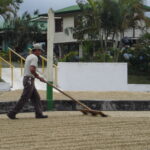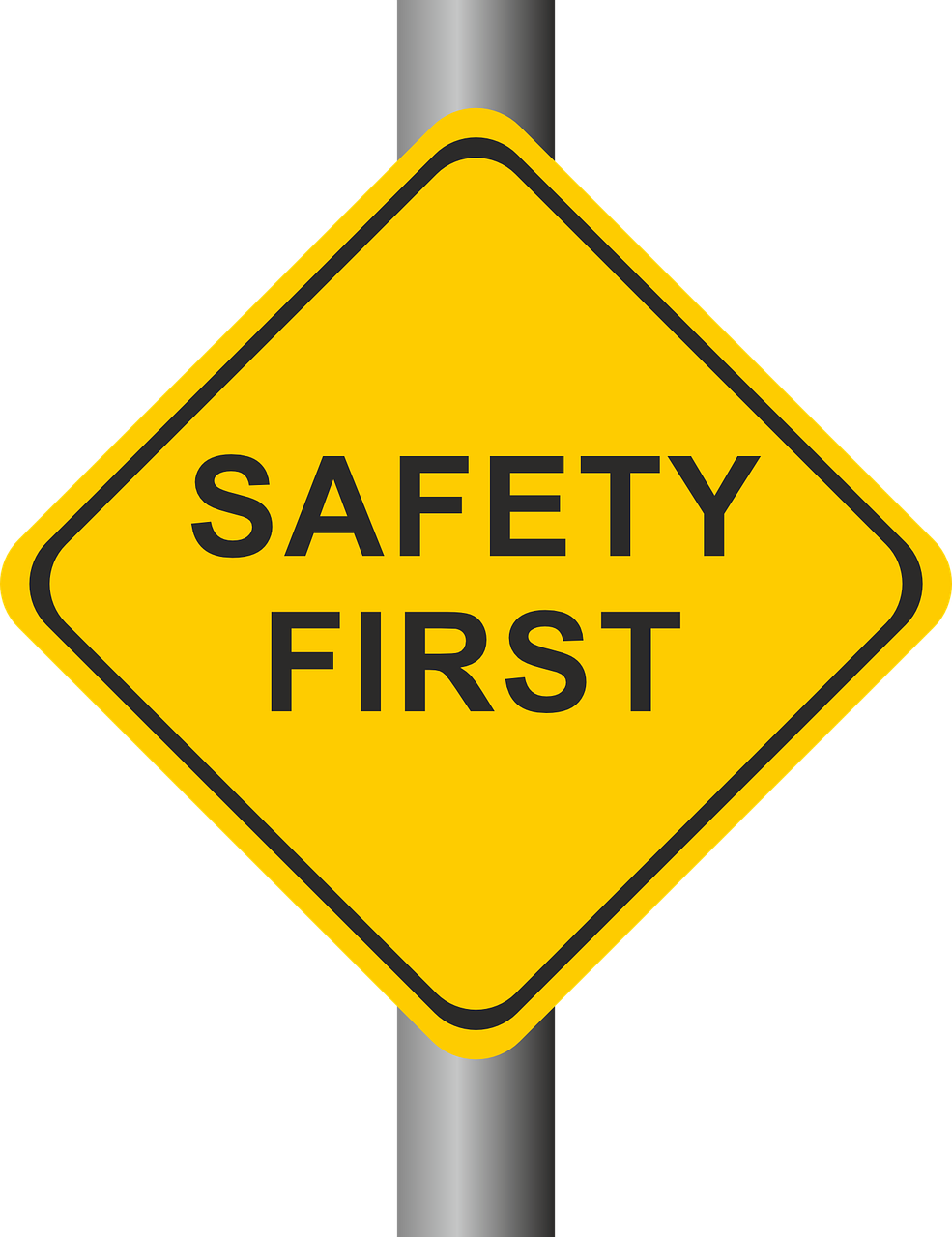
Costa Rica is a popular destination for tourists due to its natural beauty, adventure, beautiful beaches, rainforests, and friendly locals. However, it’s important to use common sense and be mindful about some things. Here I am sharing several Costa Rica travel safety ideas that can help you enjoy our country in a great, safe way.
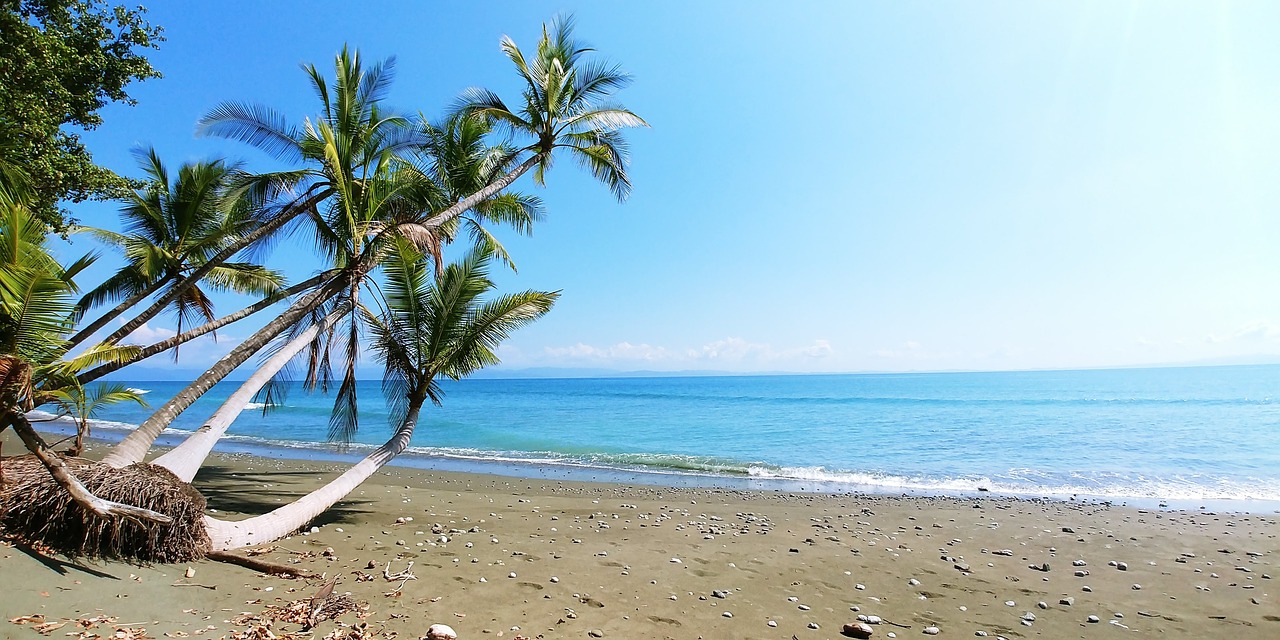
So yeah, let’s say you have already purchased your flight ticket to your dream destination and for your dream vacation. Coming to Costa Rica, aren’t you?
Well, what’s next? You may tell me that. Pack your bags; get ready to come.
But no, you have to do your homework, and you’re doing it right now. By hearing this podcast, I guess you are getting informed. That’s the most important thing to do when we travel.
Get informed
Getting informed about the destination when we’re going helps us to prevent a lot of disasters, but it also allows us to put our priorities first and it also allows us to plan ahead in terms of safety.
When we talk about Costa Rica, we talk about nature, we talk about adventure, we talk about beautiful beaches, amazing rainforests, and super friendly locals. And this makes it a very popular destination for all sorts of tourists, including celebrities. While Costa Rica is generally safe, some visitors may feel uneasy due to the reports of violence in the recent weeks.
These acts of violence are happening in very specific areas, mostly isolated from the touristic destinations. On the other hand, most crimes against tourists are mainly due to chance and involve petty theft rather than violence. Serious crimes such as armed robberies, assault, or similar are less common but can occur. It’s important to remain vigilant and to take precautions to minimize the risks.
When we talk about Costa Rican travel safety, we must go beyond illnesses, diseases, and insurance possibilities. We covered all that in another post called Costa Rica travel safety tips.
Here we will talk a bit about other risks and all that you need to know to cope with them.
As a Costa Rican, I want you to feel at home, be safe, and leave with a smile. We always strive for visitors to have the safest and most delightful vacation. And even if you’re not traveling with a travel agent or a tour guide, for me, it’s really important for visitors to leave Costa Rica with a smile. Talk about it with love and cherish your time in Costa Rica.
So please keep on reading these Costa Rica travel safety recommendations and find some of the most important travel safety tips regarding crime.
Travel with the certified suppliers
When talking about a Costa Rica vacation, the first and most important tip that I have to recommend always, whatever you’re doing or for whatever you’re coming, is to use your common sense and ask questions to the right people. That’s probably the most important advice that anyone can give you.
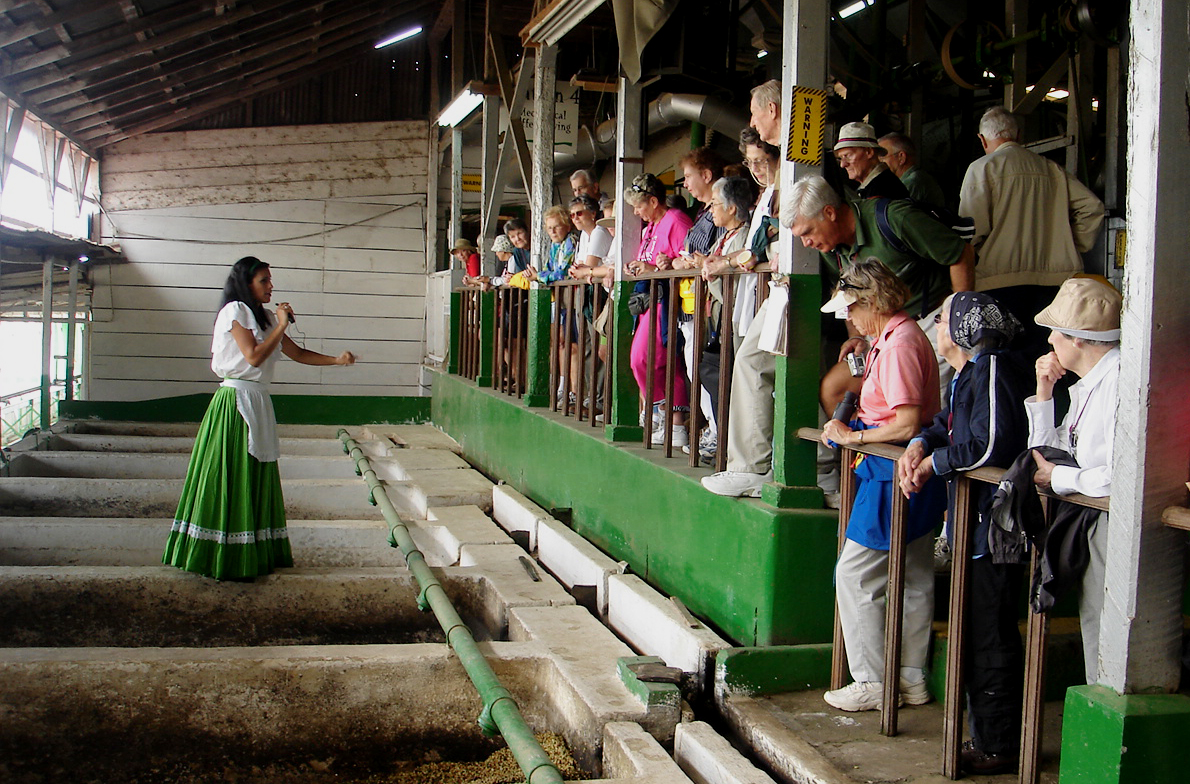
What do I mean by the right people? Okay, whenever you are hiring a travel agent or a tour operator, even a hotel, make sure they exist. Make sure that they are authorized. Make sure that they are listed on the Costa Rican travel board.
Here is the link so that you can check travel agencies, hotels, you know, people in general, even tour guides. You can find the list of the authorized tour guides on the Costa Rican travel board website. Costa Rican Tourism Board
So using authorized services is a very important thing. It’s very easy to be gullible when Costa Ricans are so nice. But please make sure that you’re traveling with someone who knows what they’re doing and is recommended and reviewed.
Weather Awareness
Please remember we are in the tropics. The tropics are unpredictable. I mean, we have the sunny season and we have the rainy season, and you’ve seen, I even have a podcast about the weather in the Caribbean.
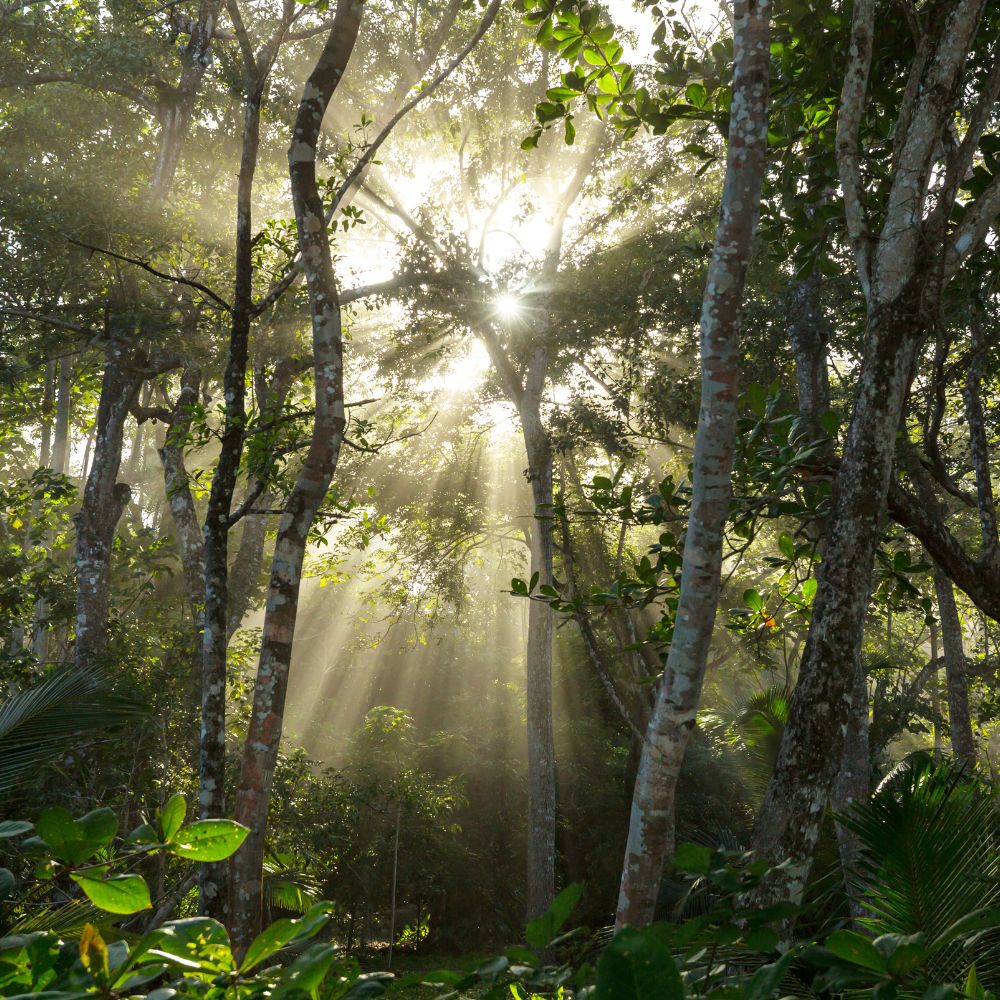
And the one thing that I tell you about, especially the Caribbean, is that it’s unpredictable. Sometimes it rains during the sunny season. Sometimes there is a drought during the rainy season. So find out what the weather’s going to be like and prepare yourself for this.
Verify the insurance.
First of all, your travel insurance—what does it cover?
Make sure that it covers everything that you need. But also find out about what the insurance of the hotel, of the travel agency, or of the tour operator covers, because you don’t want to know about it after the accident happened. If something happens—hopefully nothing will happen—but you don’t want to find out it doesn’t cover whatever this or that, or that it covers it but you have to pay extra.
It’s important to be informed about what the policies are, the cancellation policies, and the insurance policies of all the people involved with your trip—travel agents, tour operators, hotels, and homestays.
Avoid secluded areas.
What are secluded areas in Costa Rica? If you have come to Costa Rica or you’ve seen videos about Costa Rican roads, you will see that there is nature everywhere. It’s like you cannot avoid it. Wherever you go in this country, except maybe for the downtown areas in the cities, you will find very strong, luscious nature.
And it’s very tempting to stop in the middle of the road, especially if you’re driving, of course, and just get off the car and look at this amazing waterfall, landscape, or rainforest. But if it’s totally alone, avoid it because you just don’t know where you are, and it’s as easy as that.
From all the Costa Rica travel safety recommendations I want to highlight this one. Some amazing spots in our roads, have unfortunately become traps.

You know, in Costa Rica, there are trails in places that are free. There are some areas where you can find places that only the locals go to—trails, for instance, or outlooks where you can see amazing landscapes, but when you get there, they’re empty. Avoid them.
It may be a trap, and you don’t want to have a problem in Costa Rica. So what I would recommend is don’t go jogging at sunrise, don’t go hiking by yourself without telling anyone where you’re going, and don’t go hiking by yourself into an open trail that is free.
It happens; there are those, but it’s best if you have a guard and a door, if you have to pay for it, and if it has marked trails. That will be so much safer. Not only for your health, of course, but especially in regard to crime. It’s much safer to stay in known places with people around.
Next, trust the police. In Costa Rica, there is a type of police that we call Policia turística—touristic police. The touristic police are people that are required to be bilingual, at least not fully bilingual, but they will listen, they will understand a lot, and they will speak some. They’re there for you. Trust them. One of the beautiful things about this country is that you can actually trust the police. Remember, we don’t have an army, so this is the group we trust most in regards to our safety.
Get a local SIM card
That’s a very good idea, and if you can get two, even better. The reason—and you can get them at the airport; you can also get them in some of the main supermarkets, malls, and so on—is that it’s really important for you to be able to communicate at all times.
Even though in some areas you won’t find a signal, in Costa Rica in general, there is very good Internet; there is good signal mostly everywhere. You always want to know where you are and be close to a place where you can reach the police or an ambulance if needed. So, the SIM card is important.
Using local currency.
Costa Rican currency is colones, and we receive dollars everywhere. You don’t have to change everything. It’s important to bring—hold on, let me rephrase this.
Okay, next is to talk about currency in general terms. You don’t need to change everything to colonies. Change $20 at the airport, and that’ll be good enough. In general, where you’re going, they will take dollars in the touristic destinations. They will take dollars—no euros, no pounds, no other currency than colones or dollars or credit cards, of course. I would think twice with American Express because there are places where they don’t take it.
When talking about bringing cash, bring small bills—twenties, tens, fives, and ones. $50 and $100 bills are usually rejected in stores and restaurants. On the other side, avoid using damaged bills because they will just give them back to you. Even a small tear or anything that looks too old will be rejected.

My recommendation is to put your money and your credit or debit card together.
Have two or three credit cards with you, let your banks know that you’re going to use them outside of wherever you are, and just change very little money to colones. They will give you change in colones anyway. So you will end up having the beautiful colones bills, which are really beautiful. You should check them out—they’re beautiful.
ATM safety
Be aware of your surroundings when using an ATM, especially at night. ATMs in Costa Rica—many of them are closed from 10:00 PM to 5:00 or 6:00 AM. That’s important information to note. But be careful where you use them, and be mindful of your surroundings whenever you find that the ATM is in an isolated or secluded place.
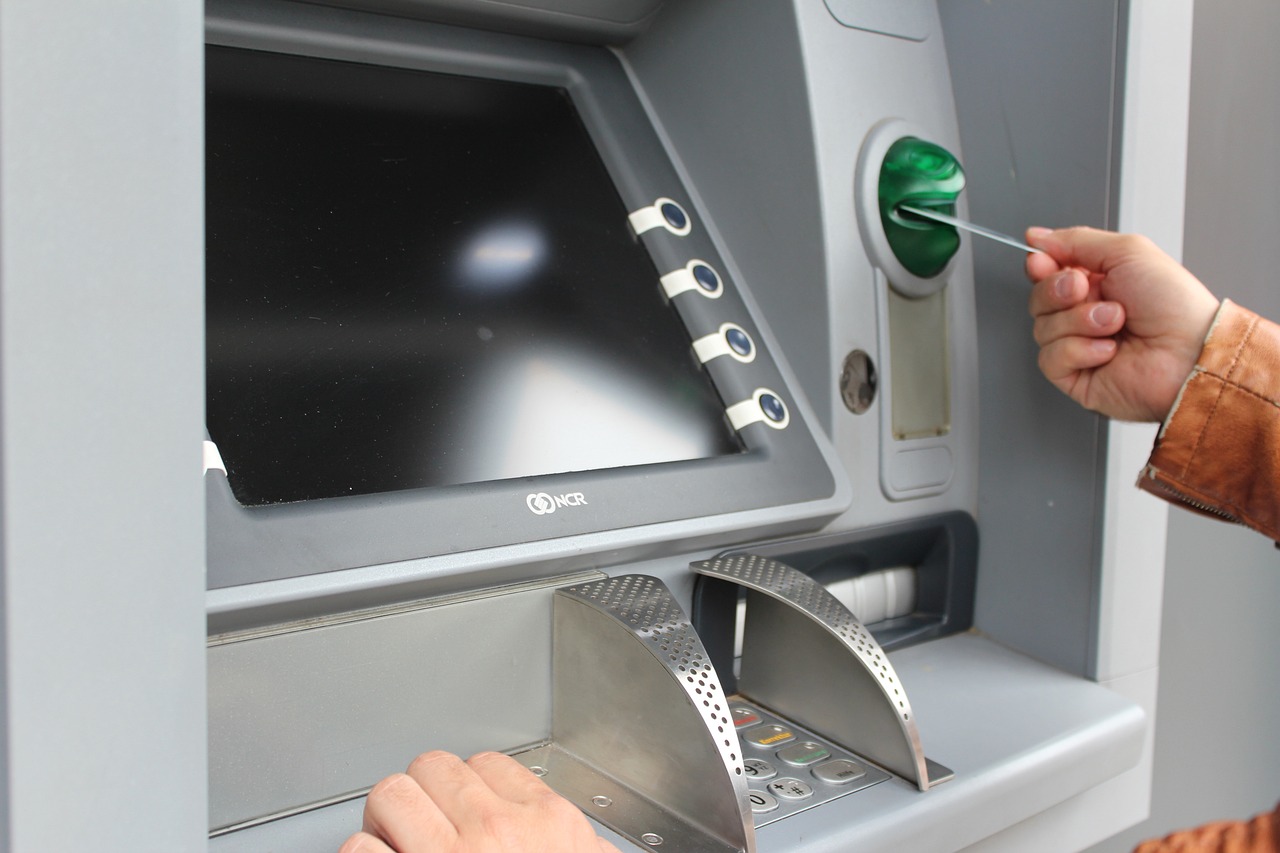
Remember what I just told you about secluded areas, okay?
Travel light.
Especially if you are either renting, not renting a car, but going by box, private transfers, or even on a tour, traveling light is very comfortable.
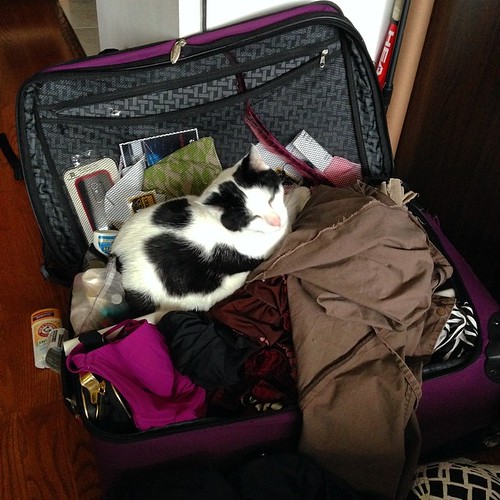
You will find laundry services everywhere you go. There are laundry options in all the main touristic spots of Costa Rica and in most start-up hotels. So be mindful of the luggage weight. There might be trouble boarding it into planes, especially local planes. You may also have trouble boarding your luggage or heavy luggage into boats. So it’s easier, faster, and safer to travel light.
Guard your belongings
Whether you’re renting a car, traveling by yourself, with a group, driving, or traveling by public services or buses, guard your belongings. Let me give you a couple of examples for different ways of traveling.
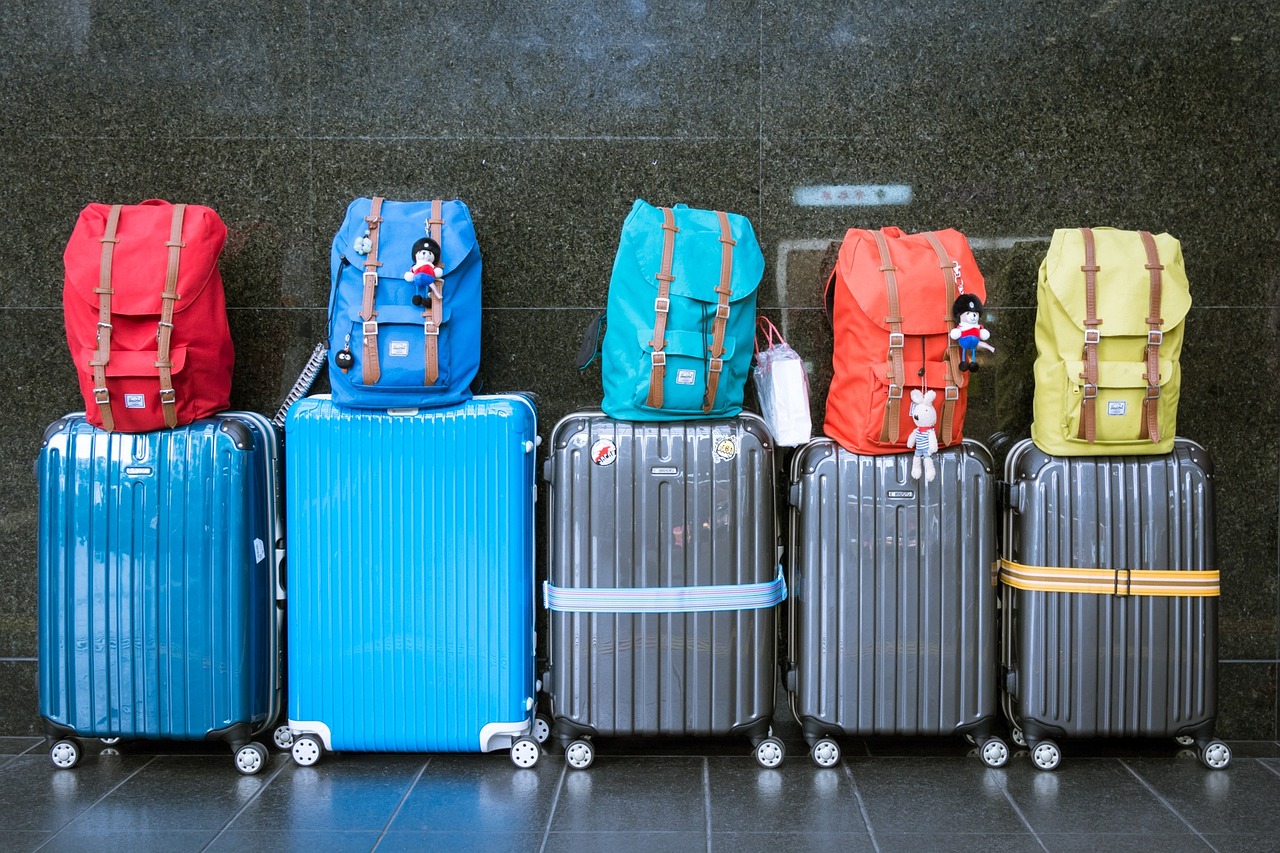
If you’re traveling with a group, keep in mind that the bellboys, tour guides, or travel agency are not responsible for your belongings. When they tell you to put your luggage outside your door because they’re going to pick it up, make sure they pick it up and that it gets put on the bus or boat. Check that your luggage is being boarded, because it happens sometimes—I’ve been a tour guide and seen situations where someone’s luggage didn’t get loaded, and we had to retrieve it from a different bus later. It’s complicated, so avoid that.
If you’re traveling with private transfers from one place to another, the same thing applies. Make sure they board your luggage. When other passengers get off, ensure your luggage stays on the vehicle. If they remove it temporarily, make sure they put it back. Be vigilant with your belongings, whether you’re on private transfers or traveling in a group.
If you’re driving, lock your car doors and park in private parking lots. If you’re stopping at places like the Tárcoles River bridge or at an outlook, even if you think it’s just for a minute, lock the car and keep an eye on it. Sometimes police will be nearby—park close to them. In most of these places, you’ll find restaurants or stores where you can park and have someone keep an eye on your car.
You’ll also find something in Costa Rica called “guachis,” and I’ll explain them in a bit, but be mindful of these people watching your car.
Be discreet with your phone.
Phones are expensive—unless you have a really cheap one like mine—but big iPhones and Samsungs can be sold for good money. Be discreet with them. Keep them in your bag, purse, or pocket, and take them out only in restaurants or hotels.

Don’t take them out on the street unless necessary. If you’re lost and need to check a map, go into a store or restaurant to check it there; maybe even use their Wi-Fi. It’s safer than pulling out your phone in the street, especially in towns or cities.
Emergency Contacts List
Now, let’s talk about emergency contacts. Keep important numbers with you. If you’re traveling solo, make sure people at home know where you are and what you’re doing. If you’re taking an Uber, take a picture of the license plate and send it to a friend or relative. Have emergency contact numbers not just in your phone but written on paper, and if possible, plastify it.
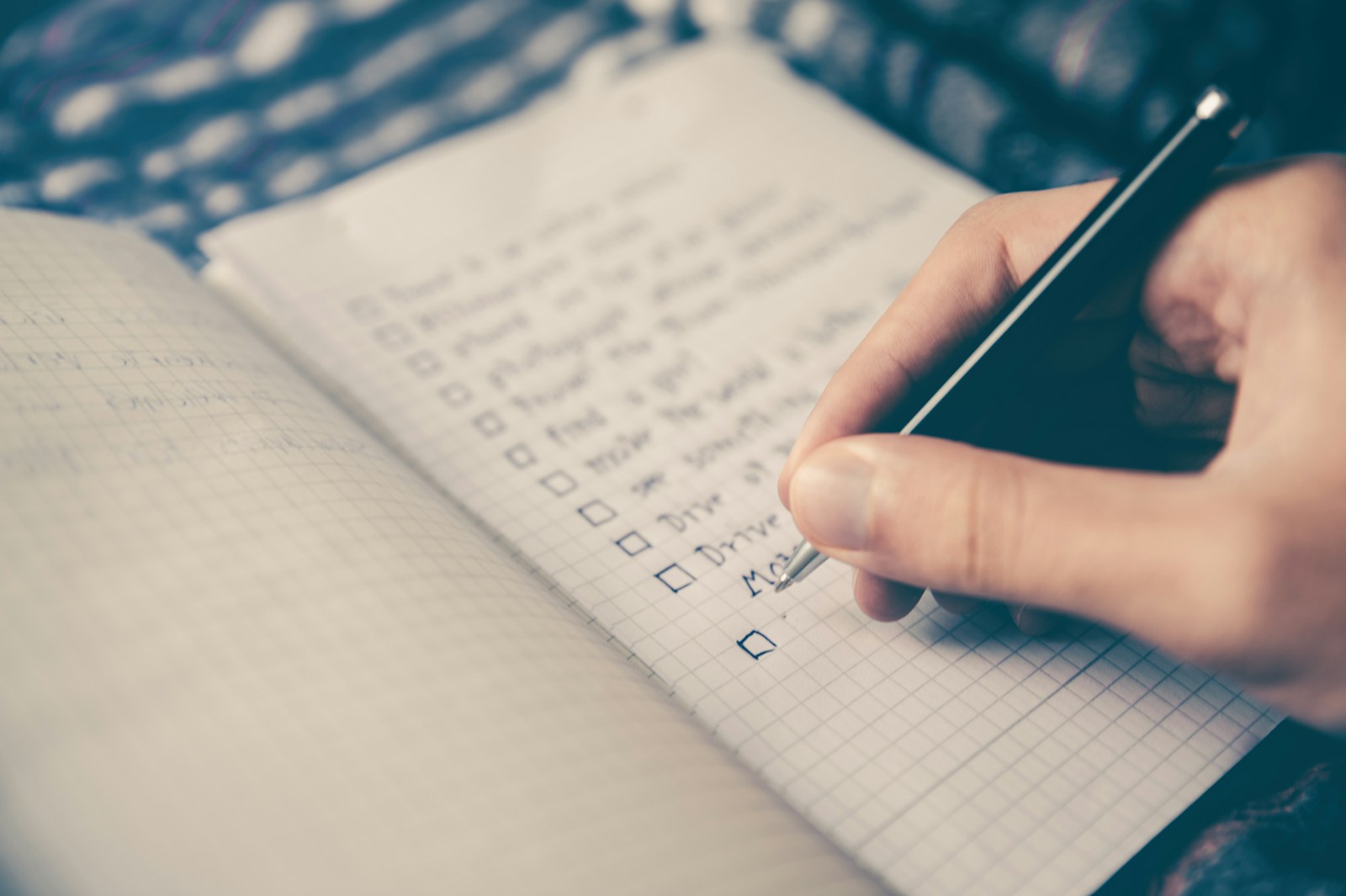
Keep these numbers—your travel agency’s contact, emergency numbers for Costa Rica, and other important ones—in multiple places, not just your wallet. If your wallet is stolen, you don’t want to lose those contacts.
Car Safety
Let’s talk about car safety. If you’re driving, never leave valuables in your car. Don’t leave anything visible from the outside, like phones or laptops. Hide them in your luggage or lock them up. When parking, choose monitored lots—they’re the safest.
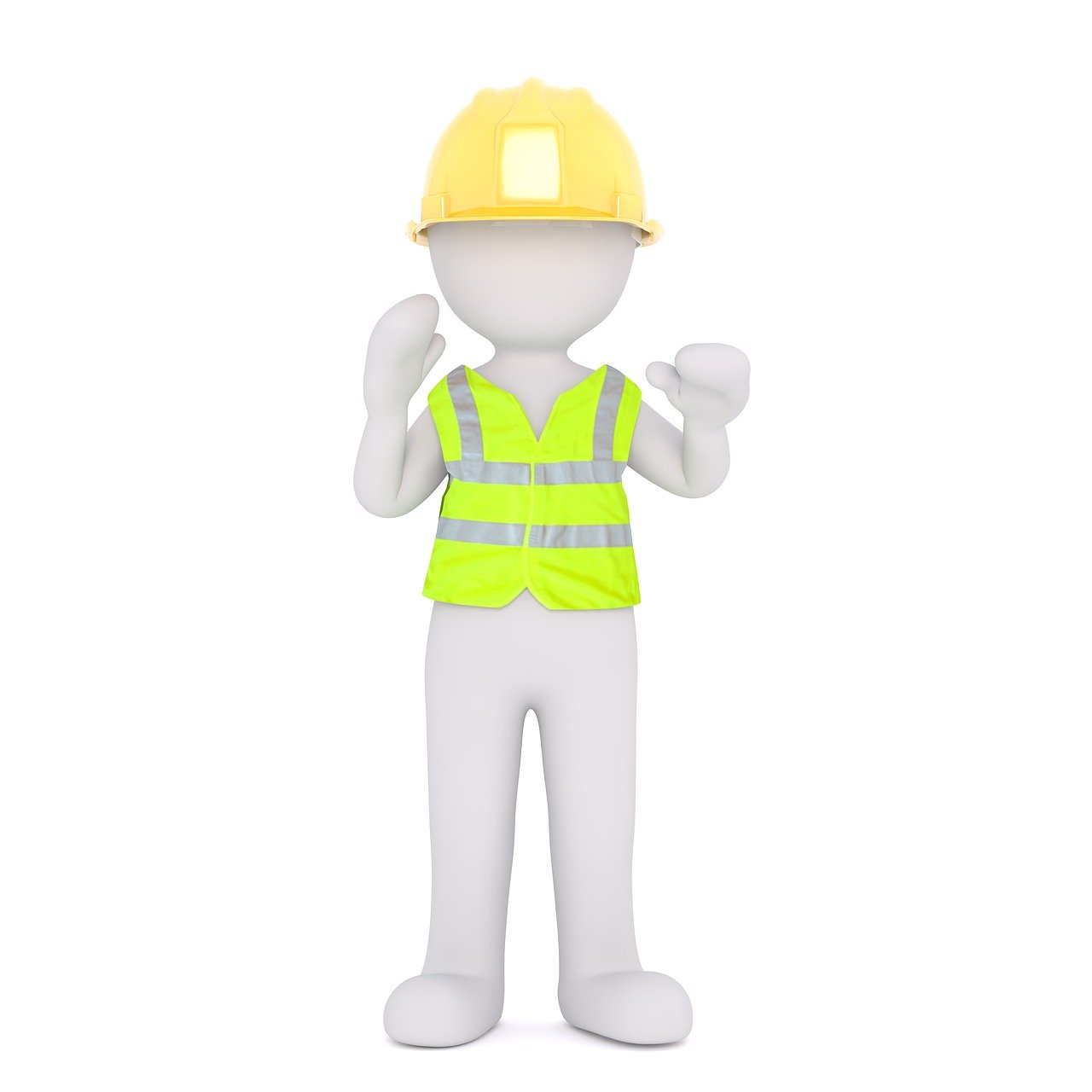
You’ll also encounter “guachis,” which comes from “guachimán,” meaning “watchman.” They might be men, women, or teenagers dedicated to watching cars. They usually charge 500 to 1,000 colones. Sometimes they use tickets, and sometimes they place something on your windshield.
They wear fluorescent vests and help you park, and they expect a tip when you leave. The usual tip is $1-2, depending on how long you stayed.
But don’t get into discussions with them—just tip and leave, especially in areas like Manuel Antonio or Tamarindo, where you might encounter more issues. I highly recommend using parking lots in these areas.
Navigation Apps
Download navigation apps like Waze and Google Maps. Waze is particularly popular in Costa Rica—it’s very useful for knowing about traffic jams, crashes, or road closures due to landslides or repairs. I highly recommend Waze over Google Maps.

Choose secure accommodations. Make sure the place you’re staying has proper locks and is certified. Check reviews, especially if you’re using Airbnb. If you’re a woman, I suggest booking rentals from female hosts. While I’m not saying all male hosts are unsafe, it can be more comfortable to rent from a woman.
Electricity
Be mindful of electrical outlets. Costa Rica uses standard US two-prong plugs and 110-volt outlets. Make sure you’re using the correct outlets or bring a converter if necessary.
Use the Hotel Safe
Store your valuables safely. Use the hotel safe for passports, extra cards, and cash. If there’s no room safe, most hotels have safes at reception where your items are placed in a sealed envelope with your signature. I highly recommend using this option if there’s no room safe.
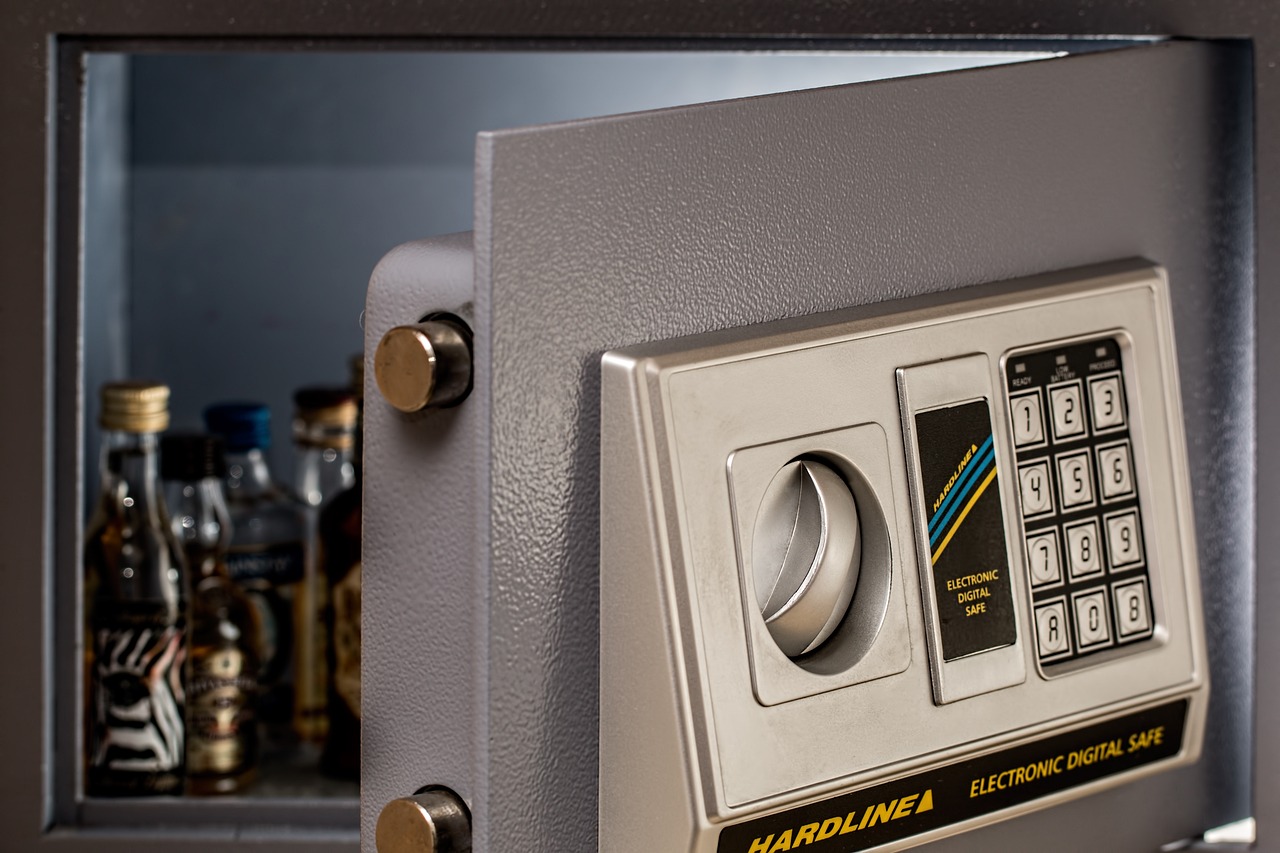
Carry copies of your passport
Carry copies of your passport. Make multiple copies and put them in different places—your luggage, purse, or other belongings. A US, Canadian, or European passport is valuable on the black market, and you don’t want it stolen. Only carry the original when absolutely necessary, such as crossing into Nicaragua on specific tours. It’s better to carry a copy unless specifically required.
Ask locals for directions
Ask for directions, even if you’re using Waze or Google Maps. While these apps are super useful, sometimes they can take you through rough routes or even dead ends. We’ve all been there, where you end up lost because the app said to go right when everyone else told you to go left. So, always ask for directions.
Ask locals about the landmarks you’ll see on the way—like big trees, supermarkets, or hardware stores that can guide you. Costa Ricans know these parameters very well, so don’t hesitate to ask. If you’re not sure how to ask in Spanish, stop at a hotel or restaurant where bilingual staff can assist you.
Pack wisely.
I’ll create a comprehensive packing list for your trip to Costa Rica soon, but in the meantime, here are three important tips. First, bring sturdy, waterproof footwear. Even if you’re coming during the dry season, the rainforest can be muddy, and you’ll want good hiking boots or at least closed, sturdy shoes.
Second, bring waterproof gear like a rainponcho. If you’re carrying valuable items like photography equipment, a dry bag is essential—and they’re much more expensive to buy here.
Use sunscreen.
Costa Rica recently lowered taxes on sunscreen because we’re close to the equator and the sun is strong. Protect your skin, even on cloudy days.
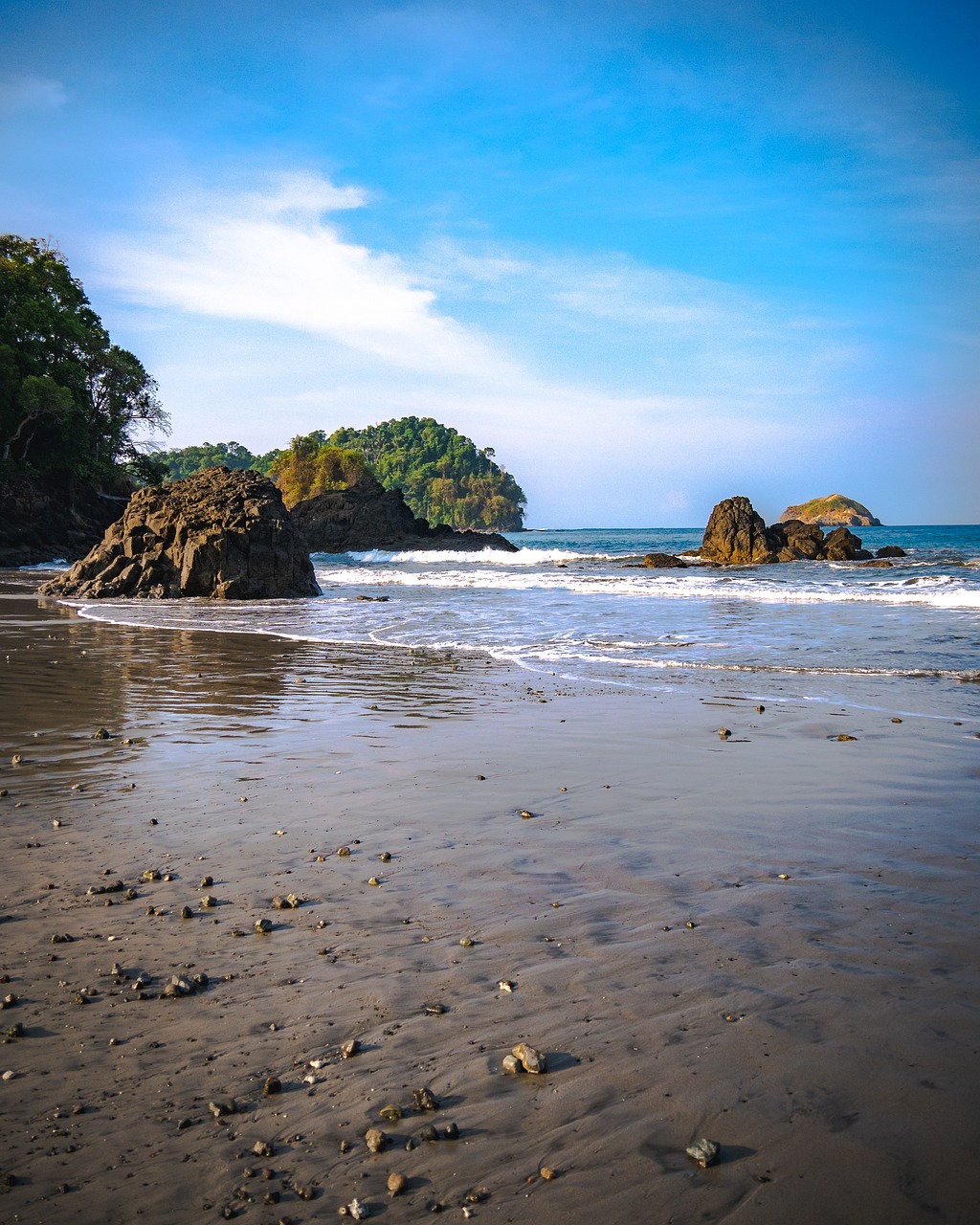
Ocean Safety
For ocean safety, always inquire about local swimming conditions and rip currents. On popular beaches, you’ll often see signs or lifeguards that indicate where it’s safe to swim. But on less-known beaches, ask the locals for guidance on where it’s safe and where it’s dangerous. The ocean here is warm and inviting, but it’s important to be mindful of rip currents and other hazards.
Lately, there have been reports of crocodiles near the ocean. While this is now a trending topic, crocodiles have always been in Costa Rica’s oceans. They usually go for fish, not humans, but if you spot one near a beach, I recommend sticking to the pool for peace of mind.
If you ever need help, don’t hesitate to ask.
Costa Ricans are generally very nice and helpful people, and there will usually be more than one person willing to assist. Whether it’s your travel agent, tour guide, or even a local, seek help when needed.
Limit how much you share about your itinerary on social media.
When you post about where you’re going, you’re not just telling your friends and family but also potentially attracting attention from people who don’t have the best intentions. It’s safer to share your travel updates after the fact.

If you’re in San José today, post the pictures tomorrow or even later, so people can’t follow your every move in real time.
Stay on trails, especially if you’re traveling solo.
In fact, this applies to everyone. Staying on the trail is the bottom line, but solo travelers need to be particularly mindful. Always let someone know where you’re going. When you’re heading out to a reserve, national park, or even just leaving the hotel, tell someone. For example, if you’re heading to the Monteverde Reserve, Manuel Antonio National Park, or the Selvatura Hanging Bridges, inform the hotel staff. This way, they’ll know where to look for you if you don’t return as expected.
In some areas, such as national parks, they may even ask for your trail route before you start, which helps search efforts if needed. In more remote places like the Osa Peninsula in Corcovado, it’s mandatory to have a guide because it can be dangerous.
There have been cases of people getting lost simply by stepping off the trail, so it’s crucial to stick to the paths. Always tell someone where you’re headed, stay aware of your surroundings, and avoid hiking alone unless you’re very familiar with the area.
Group Safety
For group safety, it’s best to stay with others at night and use taxis or Uber instead of walking in dark or secluded areas. This is just common sense. If you’re staying at a hostel and traveling solo, make friends and go out with others.
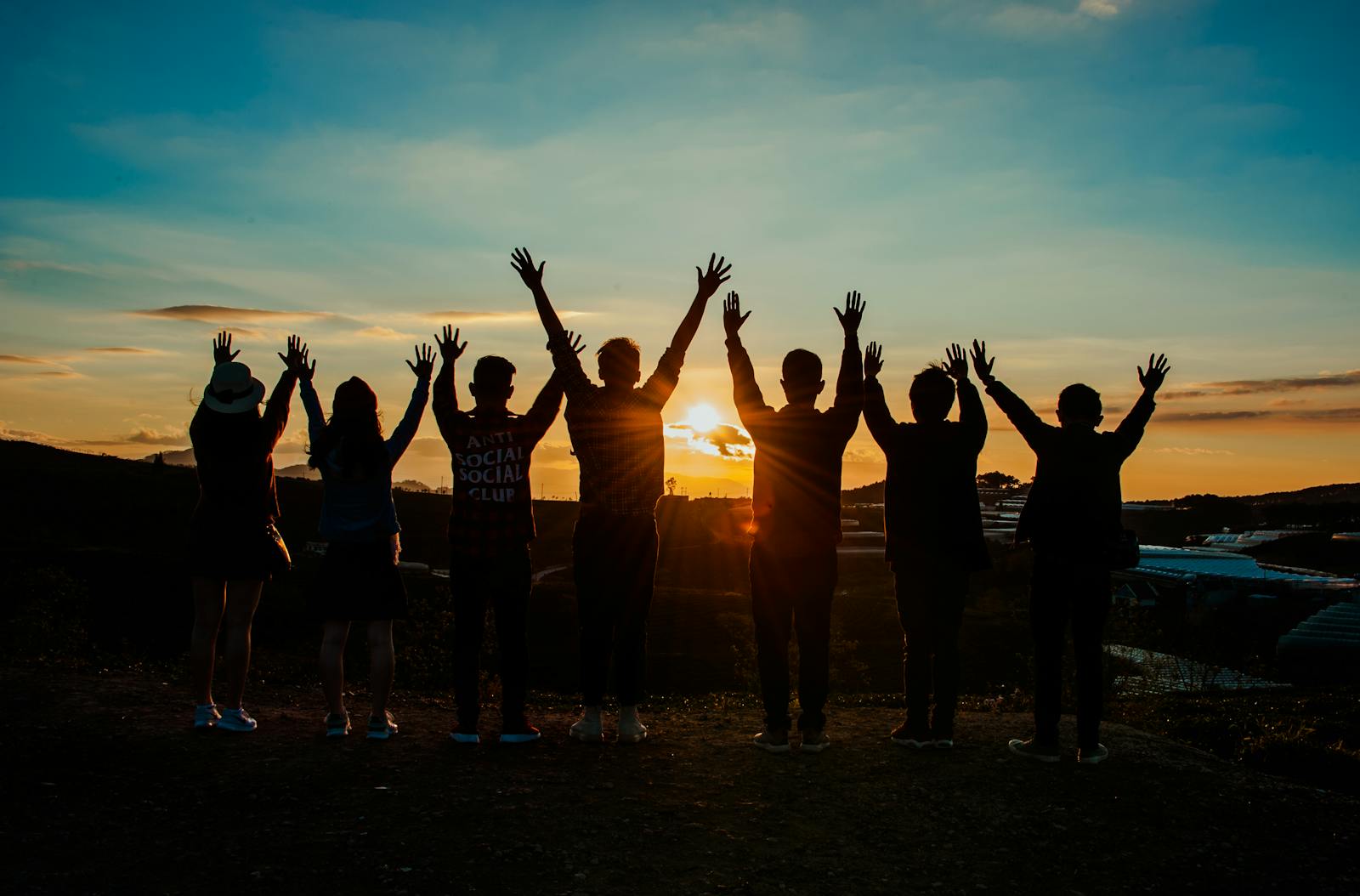
If you’re with a partner, it’s still safer to join up with others, especially when traveling on long, remote roads, like those leading to Tortuguero. Sometimes you won’t see another car for miles, so it’s good to travel in groups.
Your travel agent, tour guide, or I can always provide advice on staying safe, so don’t hesitate to ask.
In summary, the most important thing is to use your common sense. Be aware of your surroundings, stay street smart, and don’t be gullible. Costa Ricans are generally very nice, but not everyone is trustworthy. Stick to these safety guidelines, and you’ll be able to fully enjoy your trip.
Stay safe, be free, and enjoy your time in Costa Rica!

